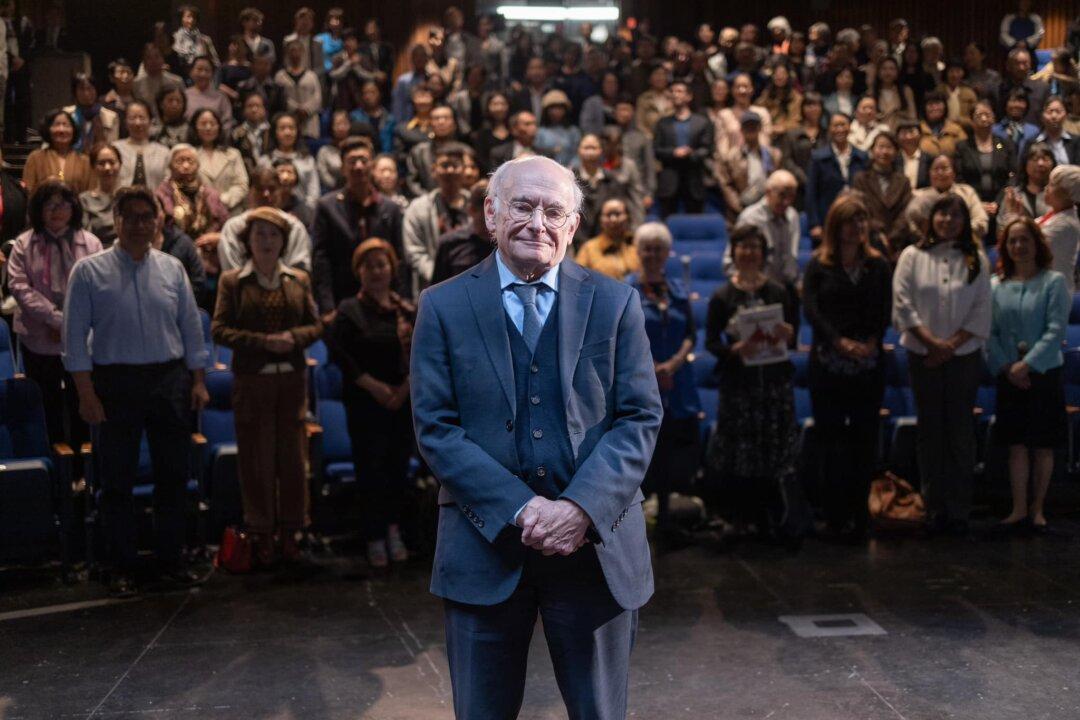TORONTO—Most young women dream of meeting their prince charming and living happily ever after. Yet there are exceptions. The princess Turandot, the heroine of Giacomo Puccini’s early 20th-century opera by the same name, is one of them.
Turandot is so afraid of meeting her husband that as soon as a prince comes to ask for her hand in marriage, she throws him a life-or-death challenge: answer three riddles correctly or die the following day. Many young men have tragically perished so far.




